
The salivary glands consist of the three pairs of glands. If one of them the parotid gland, gets infected with a virus, you will suffer from a condition called mumps. Before the development of a vaccine, mumps were very common disease in babies, children and young people. After the vaccine was introduced the number of cases has significantly decreased.
In some cases the person infected with a mumps virus will not have any symptoms. In other cases, when the symptoms develop, they are usually characterized by painful swellings on the both sides of the face, fever, tiredness and pain while swallowing and chewing. In severe cases the symptoms may include abdominal pain extremely high fever and swelling and pain in testicles. The symptoms emerge two or three weeks after the infection.
If you or your child is infected with mumps it will take around two weeks to recover. Since mumps are viral infection, antibiotics will not be helpful. The only treatment is to stay at home have plenty of bed rest and just let mumps heal on its own. You can give your child medications such as ibuprofen to relieve the symptoms and adults can take an Aspirin. It is recommended to put cold compressions on the swellings to reduces the pain in the glands. Infected people should drink a lot of fluids and eat soft food such as mashed potatoes or soups. Avoid sour drinks and food because they stimulate the production of saliva which can cause more pain. Mumps is a contagious disease and the infected person can pass it on only to those who are not immune to mumps. You become immune to mumps if you were vaccinated of you had mumps once before.
The mumps vaccine usually consists of two doses. The first should be administered to a child between 13 and 15 months of age and the second dose should be given between four and six years of age. In some cases only one dose is given if it is certain that a child will not be infected. This can be checked with a blood test which will show whether the child is immune to mumps or not. The vaccine should not be given to pregnant women, to people who are allergic to neomycin or gelatin and to people who have extremely weak immune system. The side effects of the mumps vaccine are uncommon but they may include rash mild fever and ache in joints. In some cases an allergic reaction is possible.

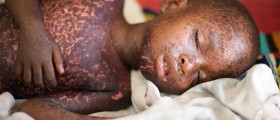


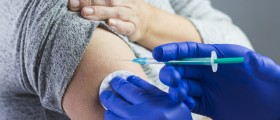

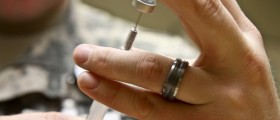


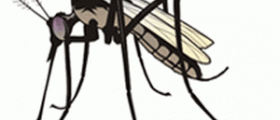
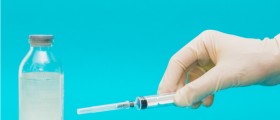
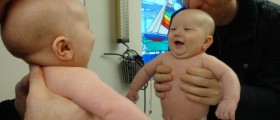

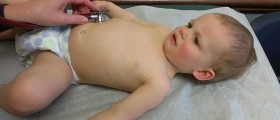
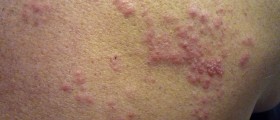
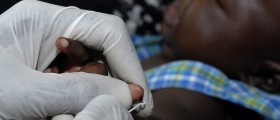
Your thoughts on this
Loading...